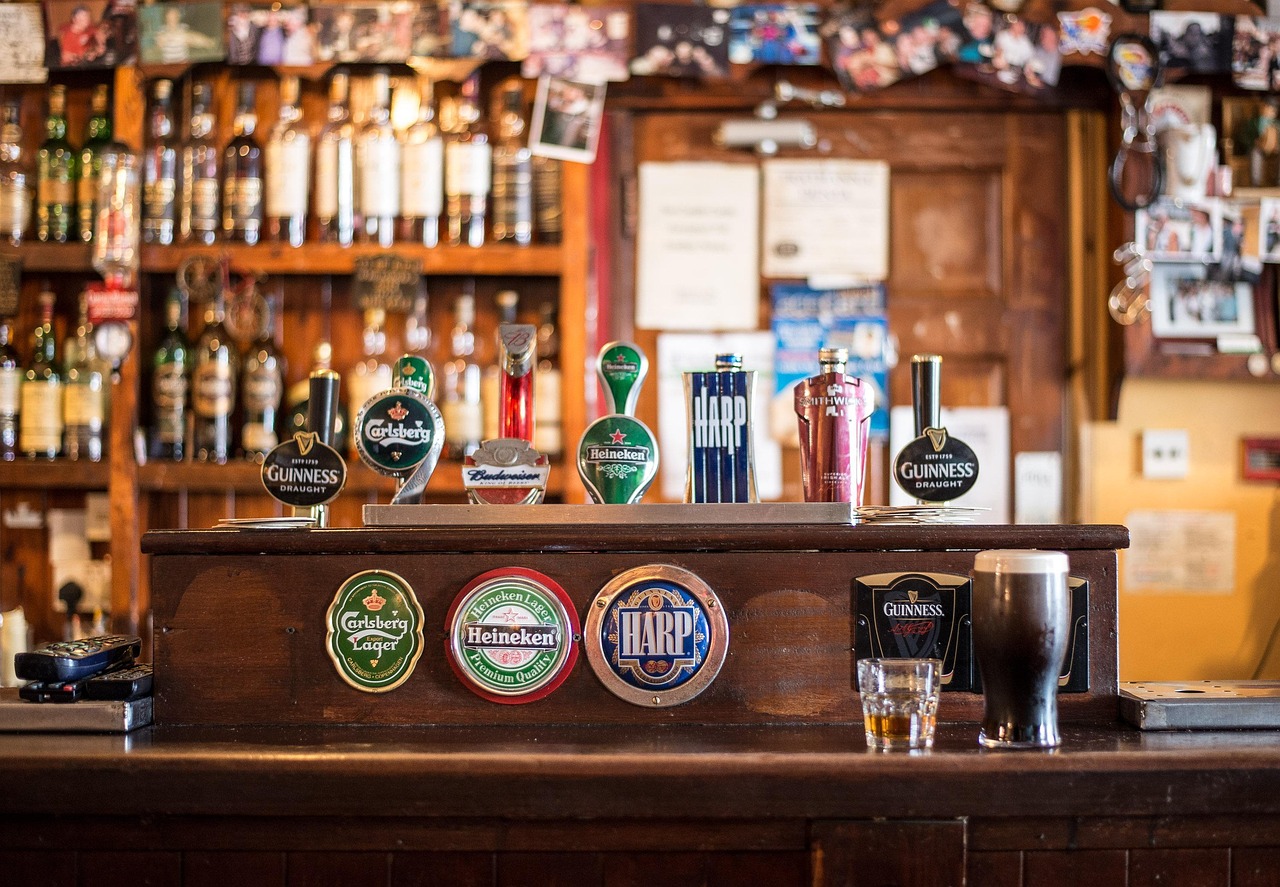A Q&A With @koshercraftbeer’s Avrahom Pressburger
With the recent policy update requiring all beer served in kosher-certified establishments to now carry formal kosher certification, many questions have emerged regarding industry impact, consumer behavior, and how breweries will respond.
To better understand these developments, we spoke with Avrahom Pressburger, known on Instagram as @koshercraftbeer, who has been closely following the evolving relationship between kashrus agencies and the craft beer industry. Below is a condensed Q&A with key insights.
Full Kosher Beer List
Want access to the full Kosher Certified Beer List?
Subscribe below and we’ll email you access.
Q&A With Avrahom Pressburger
1. How are breweries reacting to kosher agencies reaching out for certification?
Many are skeptical. While some are receptive, most don’t see added value. They already see Orthodox Jewish customers in their taprooms and don’t understand what certification provides beyond that.
2. What financial challenges does certification pose?
Smaller breweries operate on thin margins. Even if agencies say certification is inexpensive, they fear adding another $1–$2 to a four-pack could hurt competitiveness in an already pricey craft beer market.
3. Will specialty beers like gluten-free or non-alcoholic complicate matters further?
Not really. The main issue is kosher-sensitive ingredients, especially lactose. The rise of lactose in craft brewing is driving concern, not health trends.
4. How should kosher agencies approach brewing innovation, including AI and experimentation?
It’s unclear. Pressburger did not directly answer but expressed doubt that agencies will significantly influence craft brewing direction.
5. Could the new standards discourage breweries from producing experimental styles?
Unknown. He doubts kashrus rules will affect brewing trends at this point.
6. Will access to international or regional craft beers be limited?
No. The policy affects establishments only, not individual consumers, so personal craft beer enjoyment should remain unchanged.
7. Can consumer demand push breweries toward certification?
Unlikely. Brewers already field kosher questions and show ingredients, so they don’t see certification as offering enough incremental benefit.
8. How will this affect events and hospitality?
This is where the policy matters most. If an event is certified, attendees can be sure their beer isn’t from a facility that brewed an oyster stout last week or contains lactose at a meat event.
9. What unresolved issues are still being researched?
Lactose. If non-kosher lactose is deemed as problematic as oyster or meat derivatives, far more breweries could be considered non-kosher. Even kosher lactose still raises issues if undisclosed dairy appears at meat venues.
10. Why did this issue reach official policy now?
Experts have monitored it for 10–15 years, but the rising use of lactose pushed it forward recently.
11. How have kosher consumers handled this until now, and will anything change?
Consumers fall into three groups:
- Drink anything except obvious non-kosher ingredients
- Only drink certified beers
- Self-certify by researching ingredients and production
Pressburger believes the new policy will not change their behavior, since the focus is on supervised establishments.
Final Takeaway
This policy aims to protect kosher consumers at restaurants, catered events, and supervised venues, not to restrict private beer consumption. While breweries may hesitate to seek certification due to cost and low perceived benefit, kosher agencies are likely to press forward—particularly concerning lactose use.


